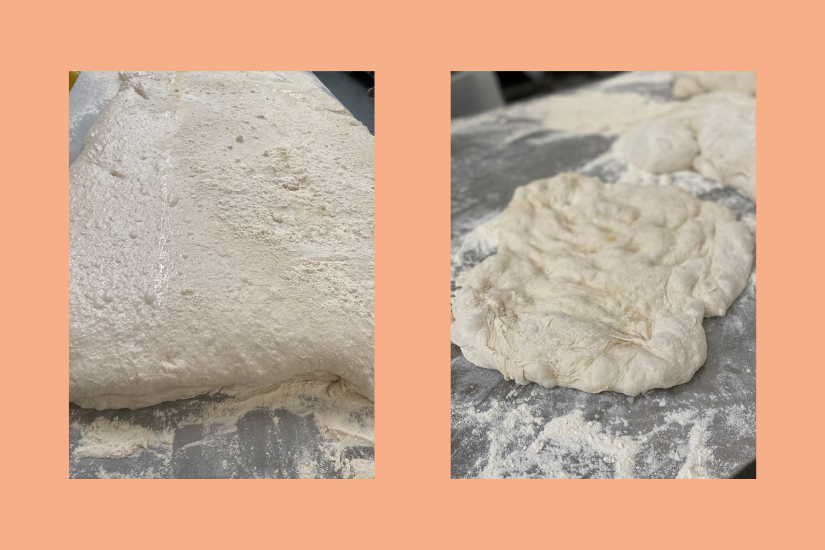Can you eat sourdough if you’re gluten sensitive?

Sourdough has a reputation for being easier on digestion than regular bread — but why? And who can safely enjoy it?
The secret lies in the fermentation process. At Good In Bread, we use wild yeast and lactic acid bacteria to slowly ferment our dough over many hours. Research shows that this long fermentation partially breaks down gluten proteins¹, which may make the bread easier to tolerate for some people with non-celiac gluten sensitivity.²
It’s important to note that sourdough is not safe for people with celiac disease, who must avoid gluten entirely. However, for others, a well-fermented sourdough loaf can sometimes be enjoyed without discomfort. Non-celiac gluten sensitivity (NCGS), sometimes called gluten intolerance, refers to people who experience digestive or other symptoms from gluten, but without the autoimmune reaction or intestinal damage seen in celiac disease.
In the past, we offered a dedicated gluten-free loaf. However, we decided to discontinue it because achieving a soft texture required additives that didn’t align with our philosophy of natural, simple ingredients. Instead, we focus on crafting sourdough that’s naturally easier on digestion through time-honoured fermentation techniques.
Beyond gluten, slow fermentation develops the loaf’s tangy flavour, chewy texture, and complex aroma — the very qualities that make sourdough so special. Studies suggest that long fermentation not only reduces gluten but can also improve the overall digestibility and nutritional profile of bread.³
Science and tradition work together to create something truly unique. Have you ever noticed a difference when eating sourdough versus regular bread? We’d love to hear your experiences – message us!
FAQs
1. Is sourdough bread gluten-free?
➡️ No. Unless it’s made with gluten-free flours, sourdough still contains gluten and is not safe for people with coeliac disease.
2. Why do some people with gluten sensitivity find sourdough easier to digest?
➡️ The long fermentation process partially breaks down gluten and other compounds, which can make it gentler on digestion for some people.
3. What’s the difference between sourdough and regular bread when it comes to gluten?
➡️ Sourdough fermentation reduces gluten a little and changes how it behaves in the gut, but it does not remove it entirely.
5. Can people with coeliac disease eat sourdough?
➡️ No. Unless the bread is specifically made gluten-free, sourdough is not safe for people with coeliac disease.
Overall, I found there was bit less to say on the gluten side than on GI. And I didn’t want to go overboard — the last thing I’d want is for anyone with coeliac disease to think sourdough is safe for them.
Related read: Many people who think they’re gluten-intolerant are actually dealing with bloating or IBS-like symptoms. If that sounds familiar, check out our articles “Can sourdough help with bloating, gut health and IBS?” and “Why sourdough is good for your gut” for more insights.
References
- Gobbetti, M., et al. “Sourdough fermentation and gluten degradation.” Microbiology Research.
- De Angelis, M., et al. “Gluten breakdown by Lactobacilli and Pediococci strains during sourdough fermentation.” Food Research International.
- Poutanen, K., et al. “Impact of sourdough fermentation on nutrient composition and digestibility.” Food Science & Nutrition.